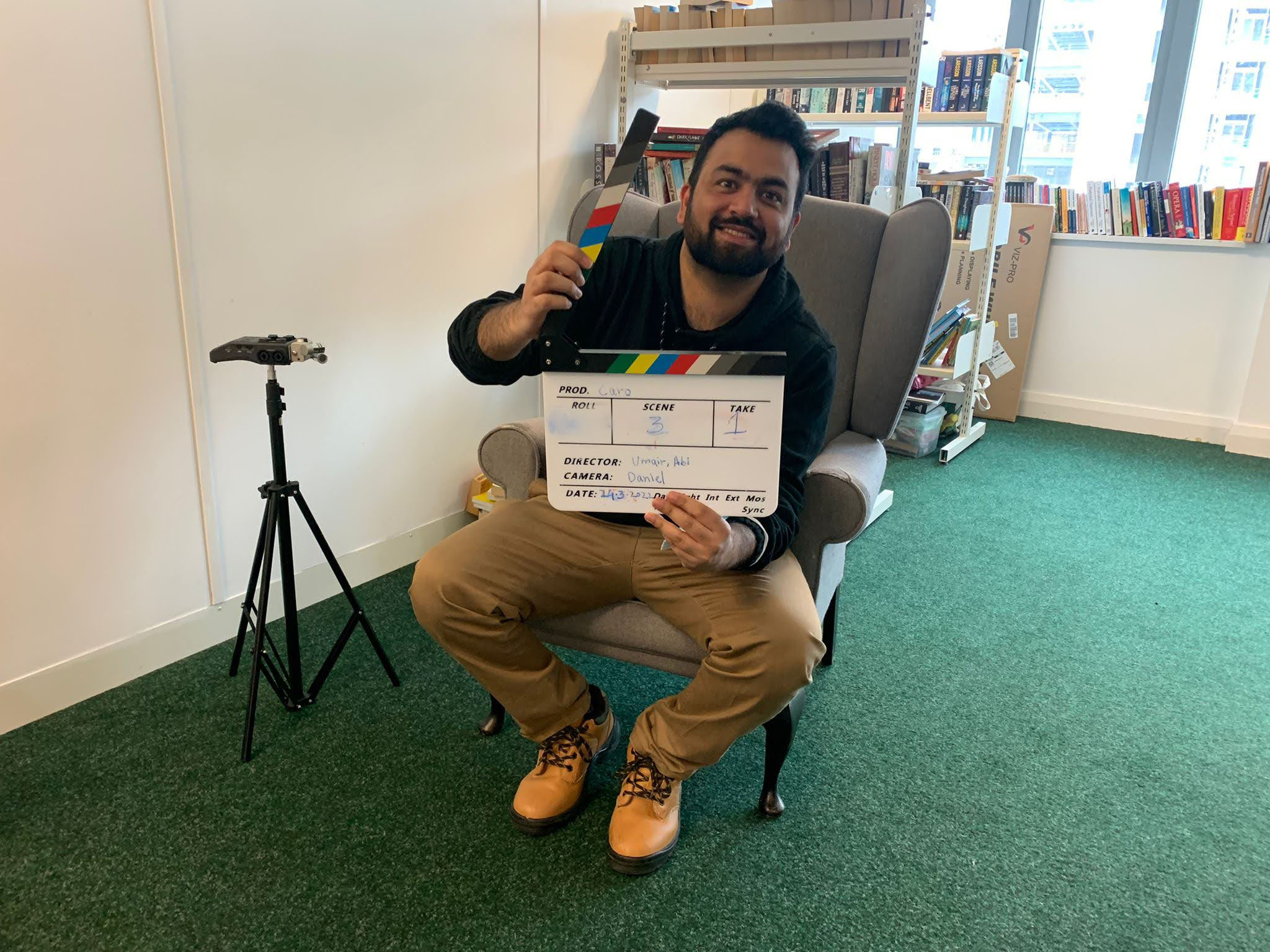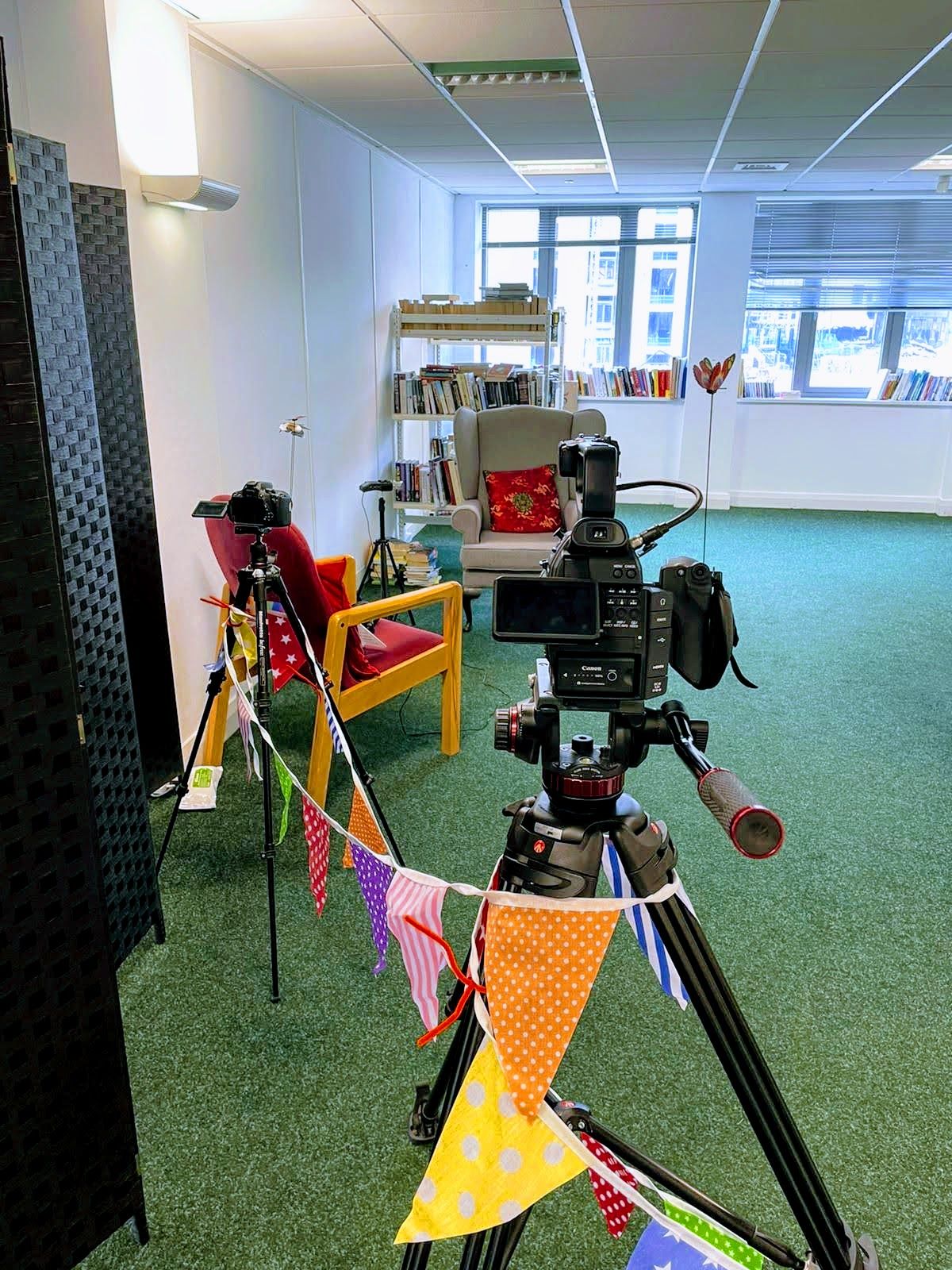We have been inspired by early conversations with partners to investigate the challenges faced by the voluntary sector to deliver community-based support for mental health.
Part of our scoping work is to understand service design and delivery as part of the bigger picture of integrated care systems and social prescribing. We aim to investigate this from a community perspective: we are working with the Recovery College Collective (ReCoCo) to understand what does a place-based or community-led approach look like for supporting people with their mental health and well-being. A related aim is to understand service users’ experiences and how they attribute value to aspects of the service and approach. We address the following key research question: ‘What does a community-led or place-based approach mean for public and third sectors to work together for the purpose of supporting the mental well-being of individuals within local communities?’


Since October 2021, we have conducted fieldwork, which supported the co-development of a Study Design, followed by a successful ethics application for research activities with ReCoCo. So far, we have conducted a series of short interviews (‘vox pops’) with twenty students at the college to capture parts of their journey and their experience of attending the college. Outputs from this will include a written report and a series of films that document values community-based and peer-led support services have for service users in the community. Future activities include co-design workshops with students, staff and other key stakeholders, to map out the service infrastructure and understand how organisation like ReCoCo are navigating the changing landscape of mental health service delivery.
People: Caroline Claisse; Muhammad Umair; Abigail Durrant
Partners: Recovery College Collective (ReCoCo)